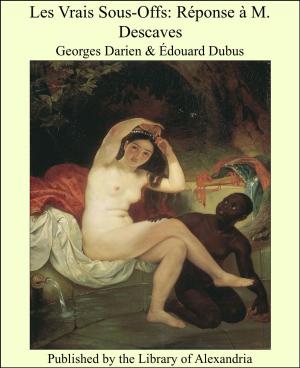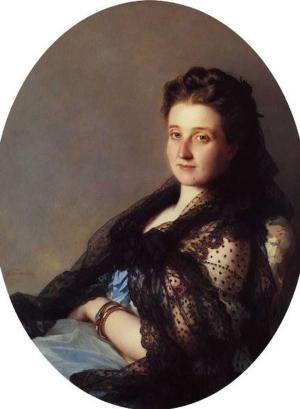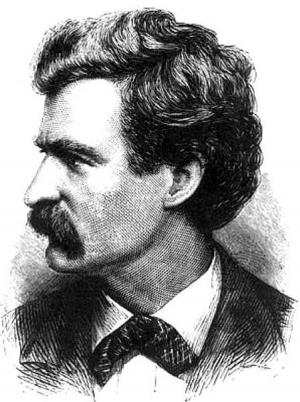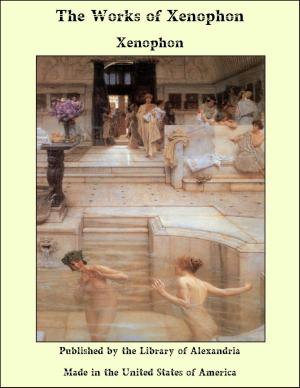The Weird of the Wentworths: A Tale of George IV's Time (Complete)
Nonfiction, Religion & Spirituality, New Age, History, Fiction & Literature| Author: | Johannes Scotus | ISBN: | 9781465541598 |
| Publisher: | Library of Alexandria | Publication: | March 8, 2015 |
| Imprint: | Language: | English |
| Author: | Johannes Scotus |
| ISBN: | 9781465541598 |
| Publisher: | Library of Alexandria |
| Publication: | March 8, 2015 |
| Imprint: | |
| Language: | English |
The objection may be raised that, as the major part of this Romance takes place during the Regency, such a title as:—"The Weird of the Wentworths; a Tale of George IV.'s Time,"—is inappropriate. When, however, it is considered that the Regent was king in all but name, and the manners, customs, and habits differed little after his accession, the inadvertency will be explained. In case of exception being taken to the language and sentiments of some characters introduced into the tale, the thinks it sufficient to say he utterly repudiates them! Oaths and ribaldry are, unfortunately, the concomitants of a depraved mind; and, in delineating faithfully the darker side of human nature, the felt himself compelled to sketch much that has passed under his own observation, and much that he has gleaned from the treatment of such characters by many distinguished novelists, not omitting our northern luminary, Sir Walter Scott. The moral of the Romance being the triumph of virtue over vice, and truth over falsehood, he trusts that those fair readers, who may indulge his work with a perusal, will avoid the dark, and embrace the bright traits of the Other sex; and, marking the gradual development of rectitude in the character of his heroine, magnify their own by adhering fixedly to the path of duty and moral conduct, amid all temptations to swerve from it. The trusts that those noble families, whose names he has chosen as his beaux idéals, will kindly dismiss all personal associations from their minds, and simply give to the synonyms (which his not unpardonable preference led him to select) that weight which will ever attach itself in the eyes of the world, to the great, when also good
The objection may be raised that, as the major part of this Romance takes place during the Regency, such a title as:—"The Weird of the Wentworths; a Tale of George IV.'s Time,"—is inappropriate. When, however, it is considered that the Regent was king in all but name, and the manners, customs, and habits differed little after his accession, the inadvertency will be explained. In case of exception being taken to the language and sentiments of some characters introduced into the tale, the thinks it sufficient to say he utterly repudiates them! Oaths and ribaldry are, unfortunately, the concomitants of a depraved mind; and, in delineating faithfully the darker side of human nature, the felt himself compelled to sketch much that has passed under his own observation, and much that he has gleaned from the treatment of such characters by many distinguished novelists, not omitting our northern luminary, Sir Walter Scott. The moral of the Romance being the triumph of virtue over vice, and truth over falsehood, he trusts that those fair readers, who may indulge his work with a perusal, will avoid the dark, and embrace the bright traits of the Other sex; and, marking the gradual development of rectitude in the character of his heroine, magnify their own by adhering fixedly to the path of duty and moral conduct, amid all temptations to swerve from it. The trusts that those noble families, whose names he has chosen as his beaux idéals, will kindly dismiss all personal associations from their minds, and simply give to the synonyms (which his not unpardonable preference led him to select) that weight which will ever attach itself in the eyes of the world, to the great, when also good















